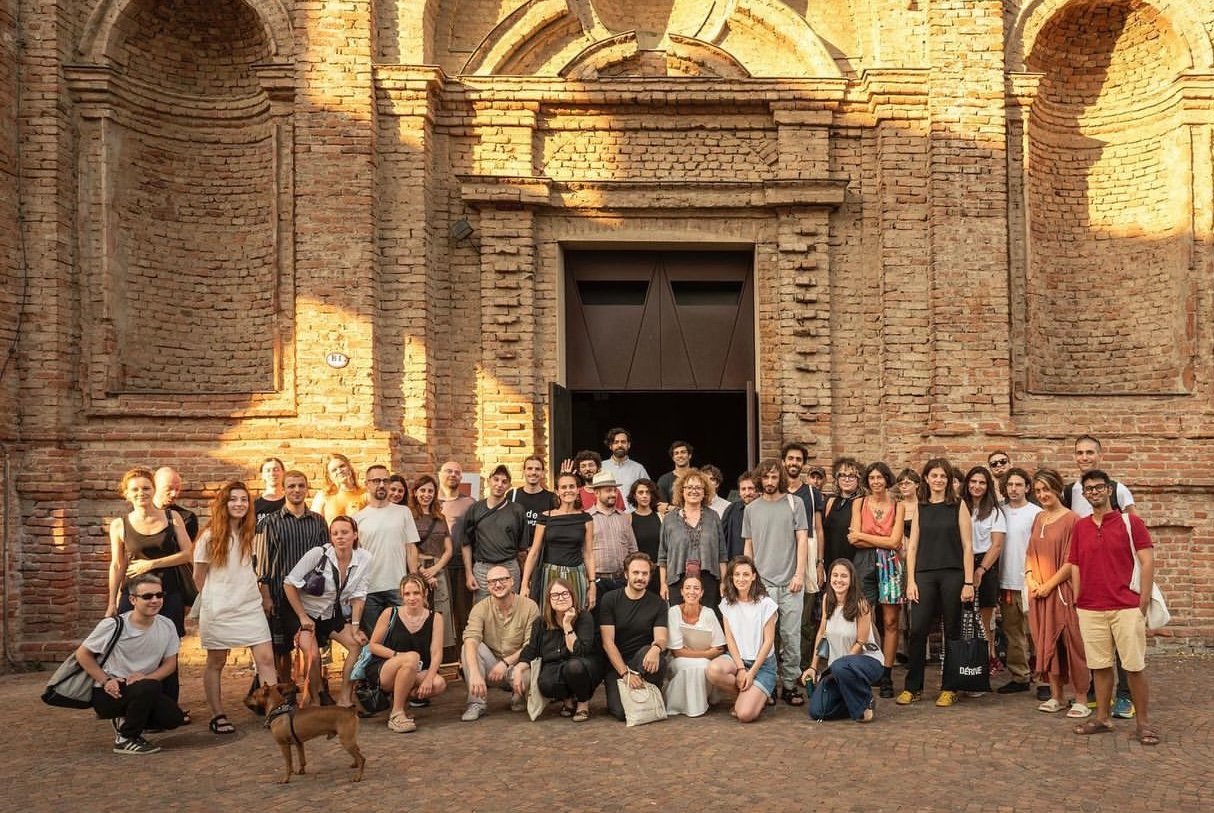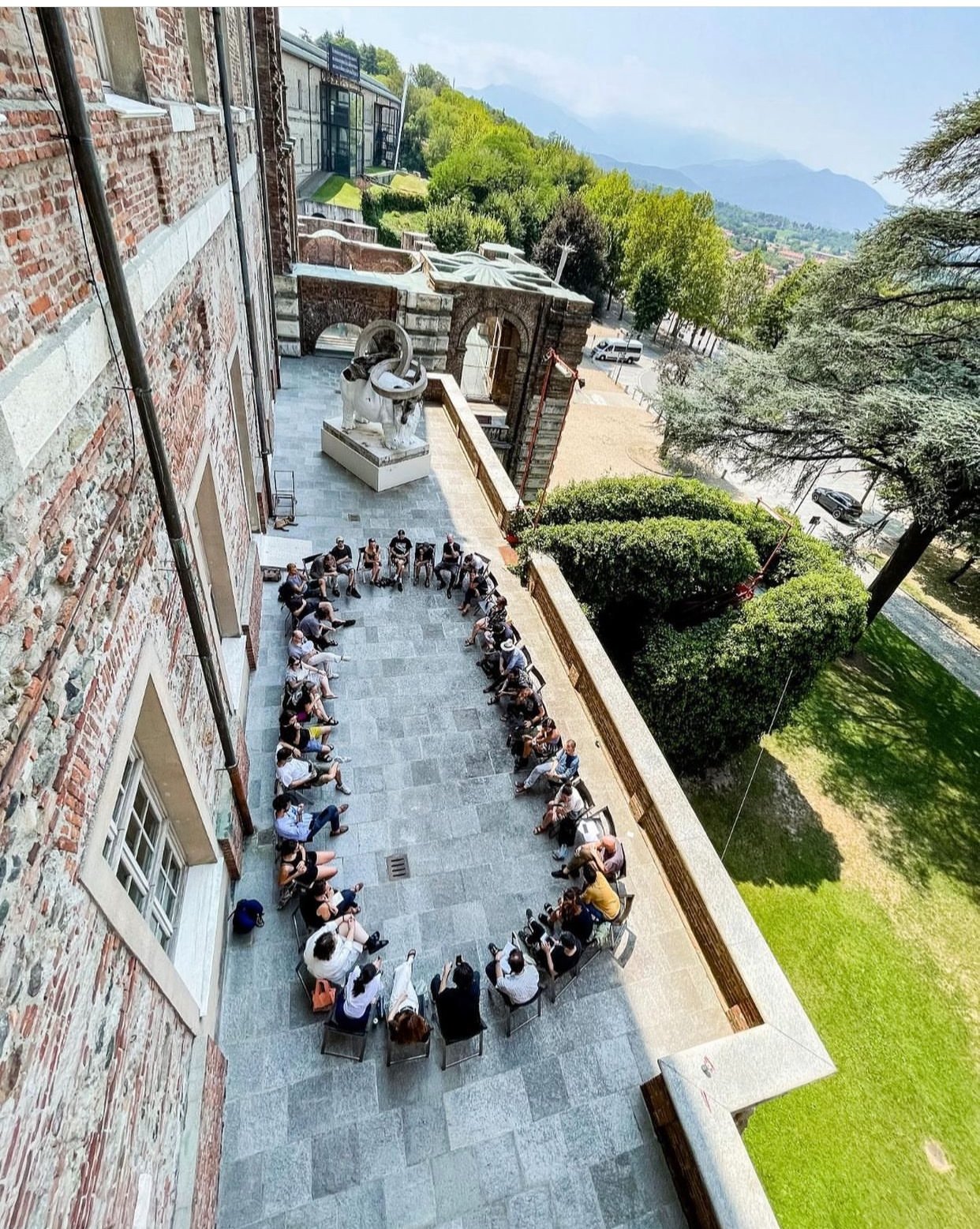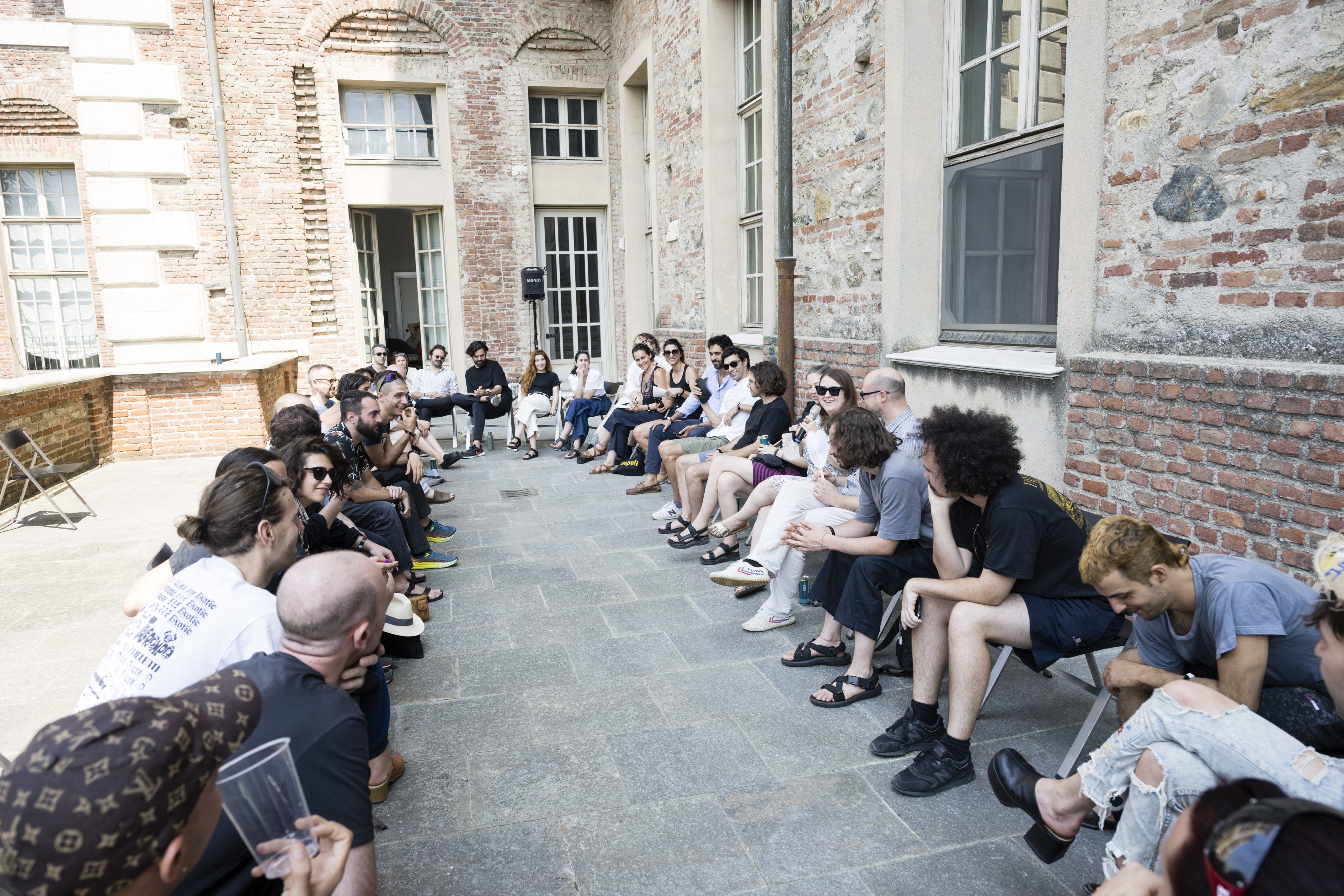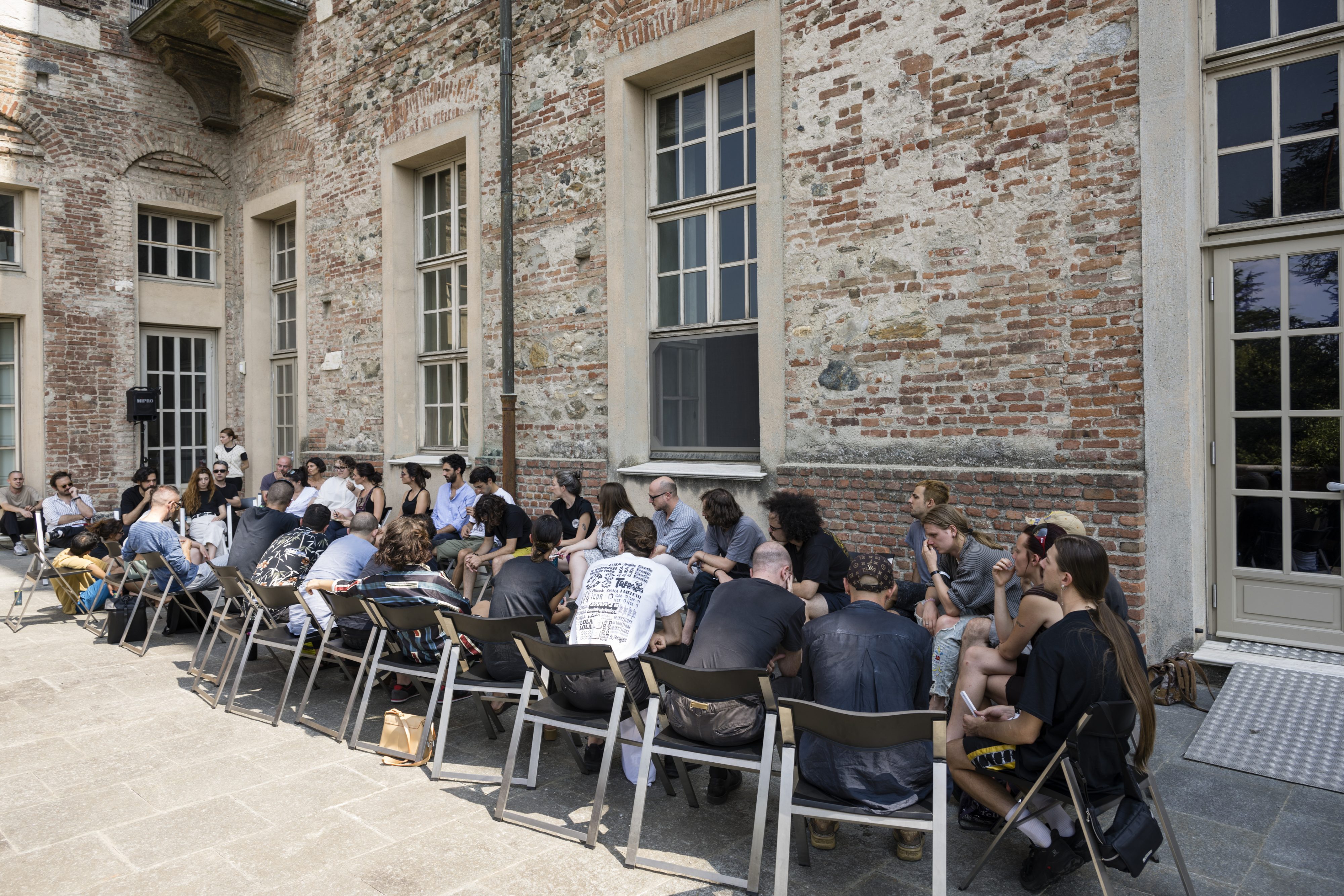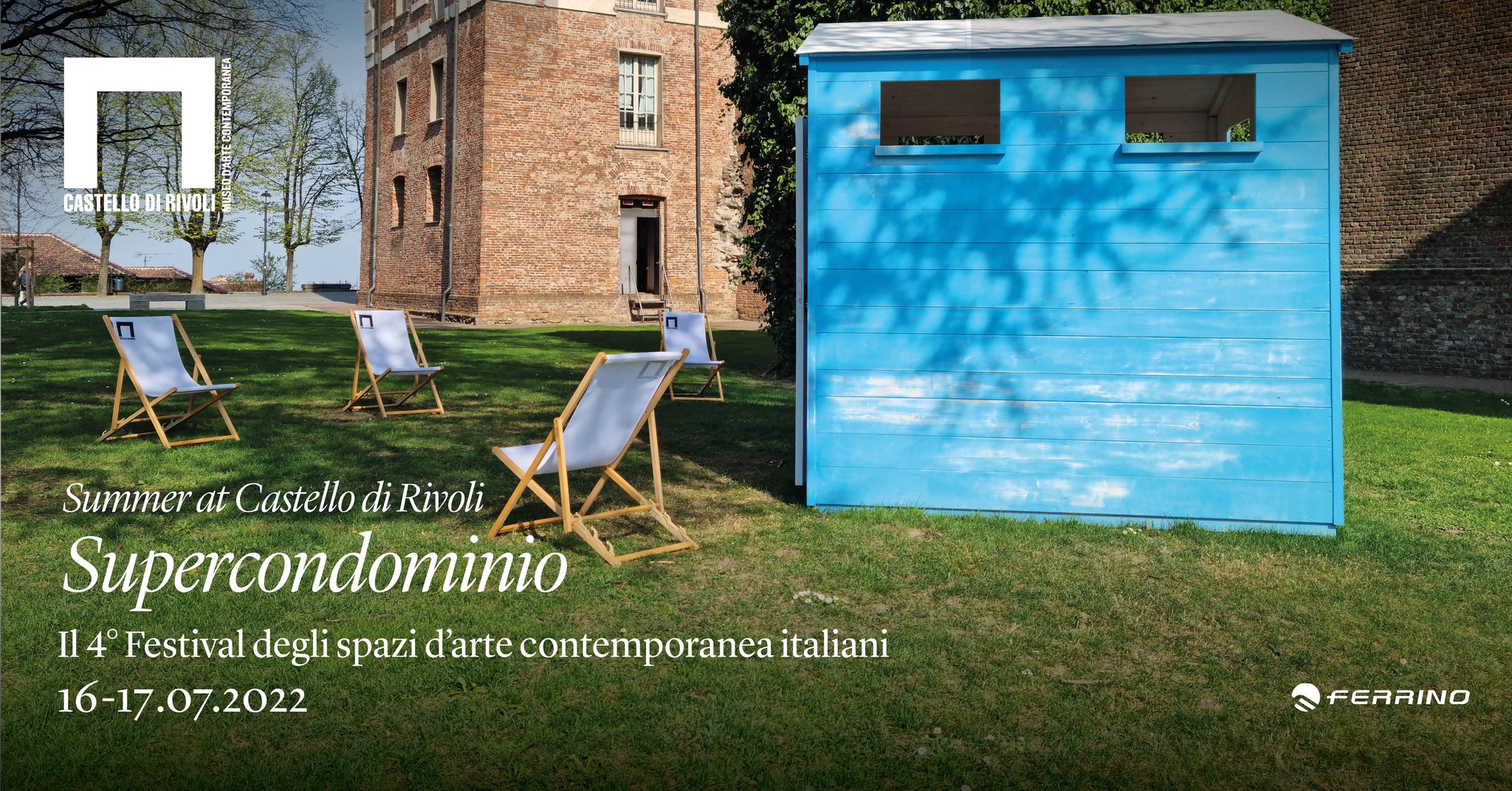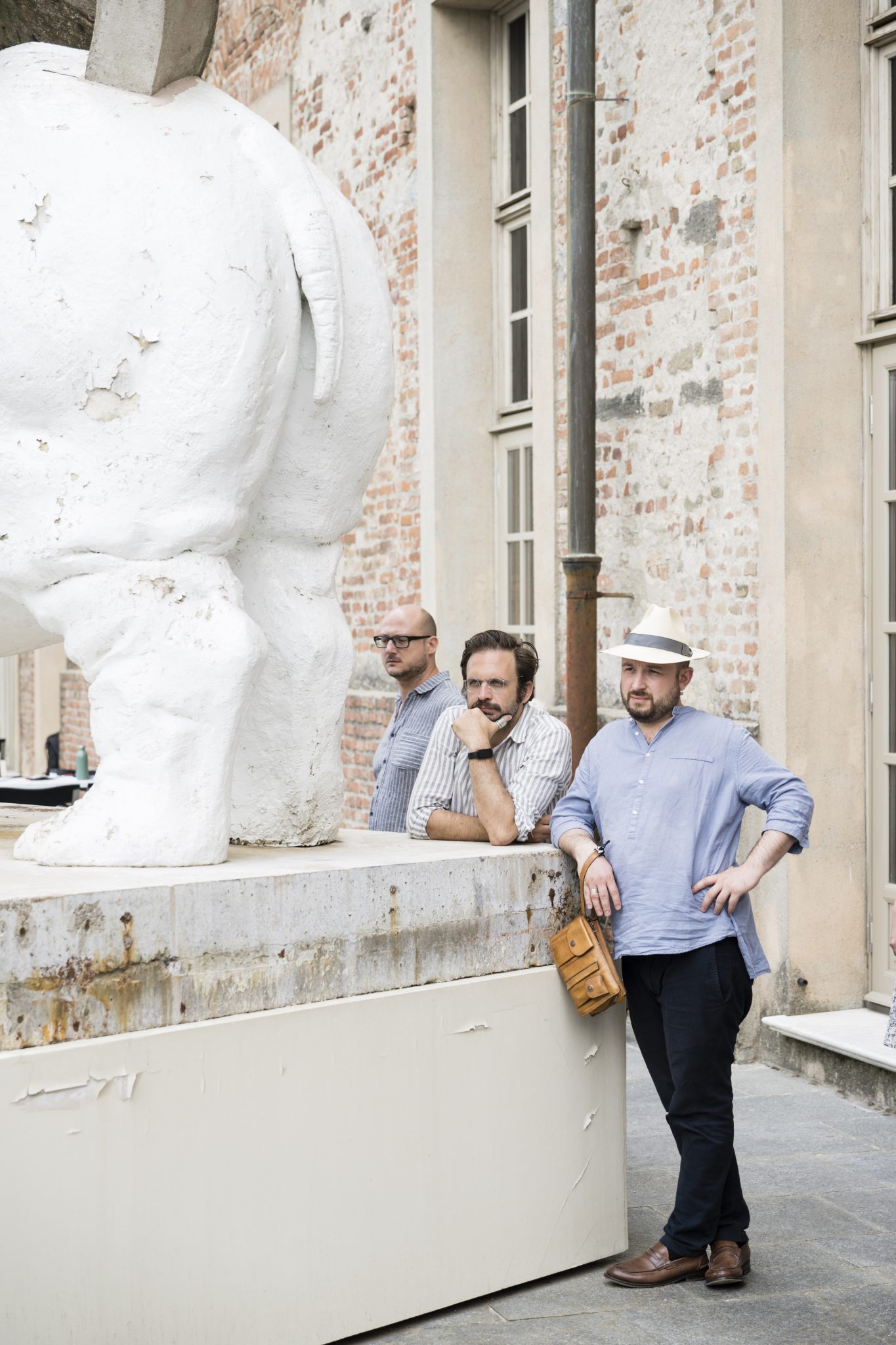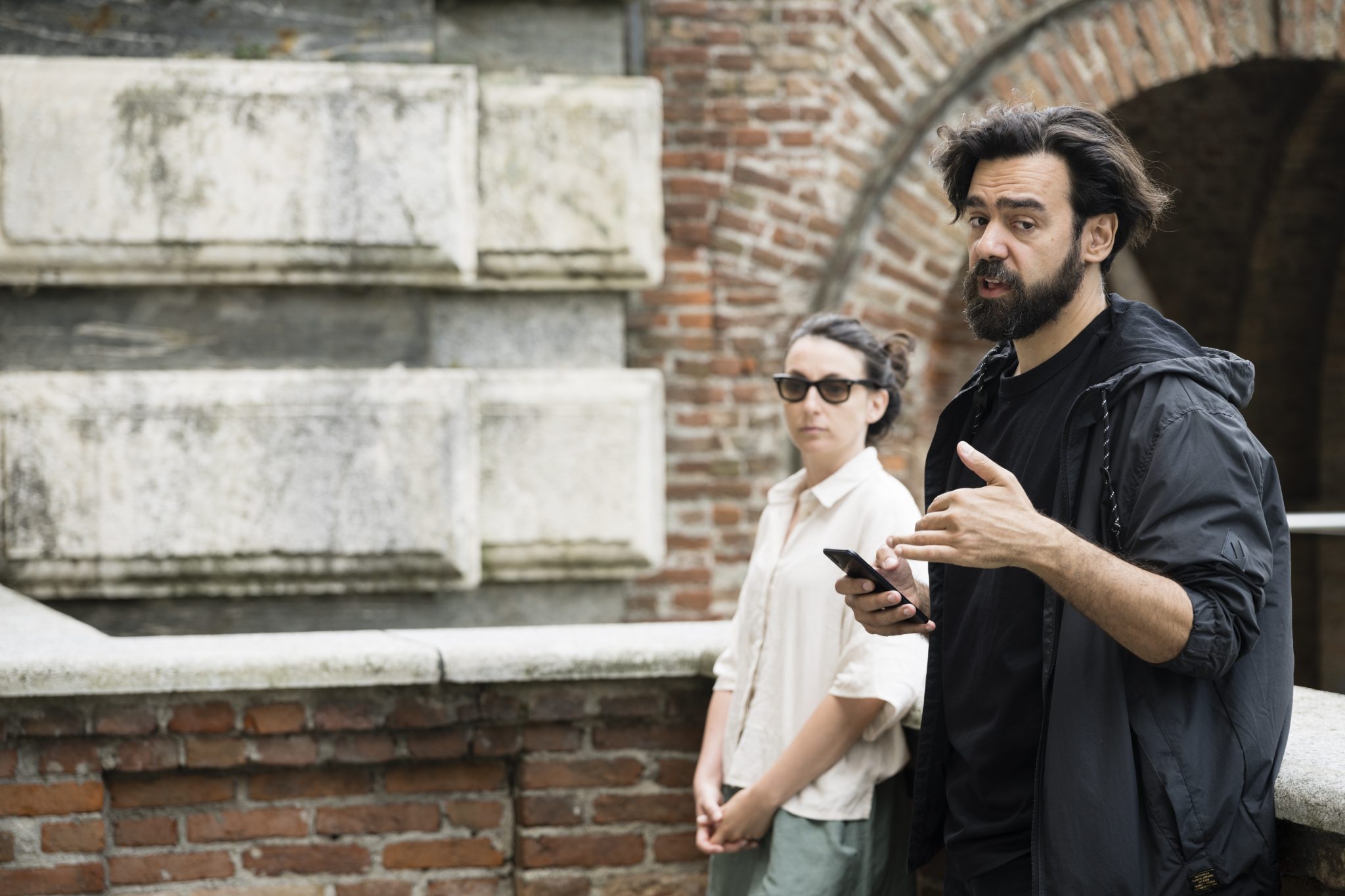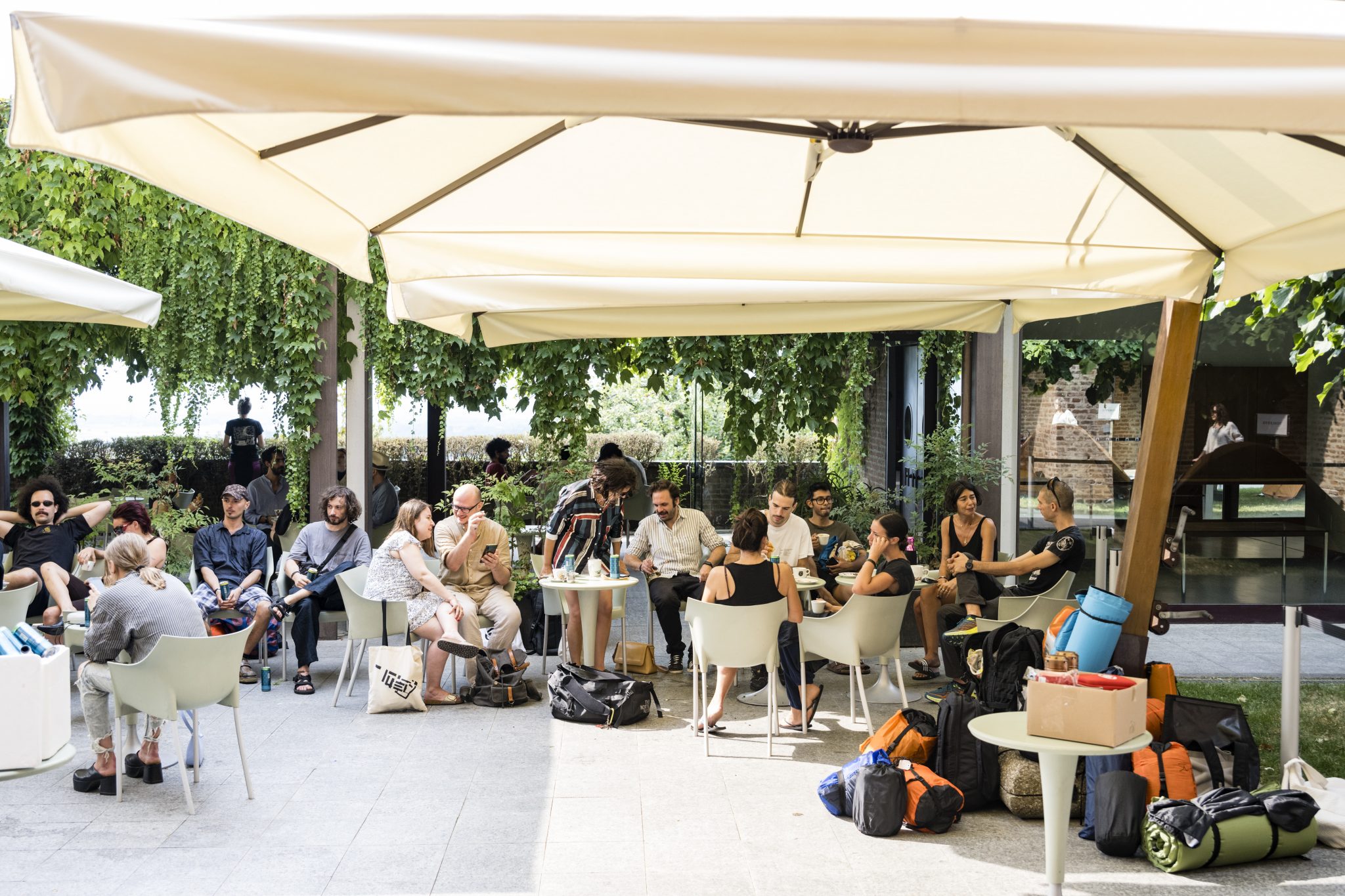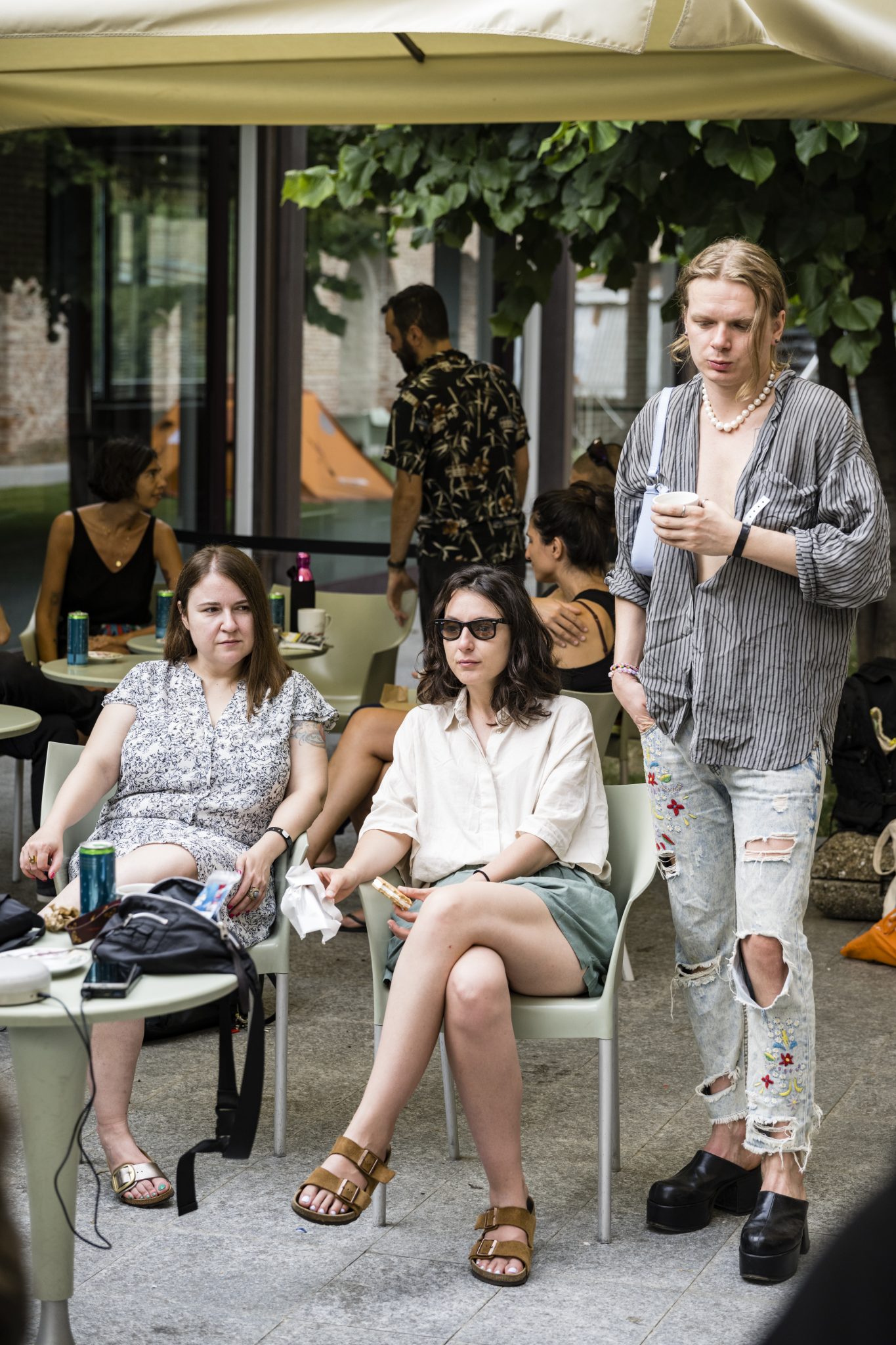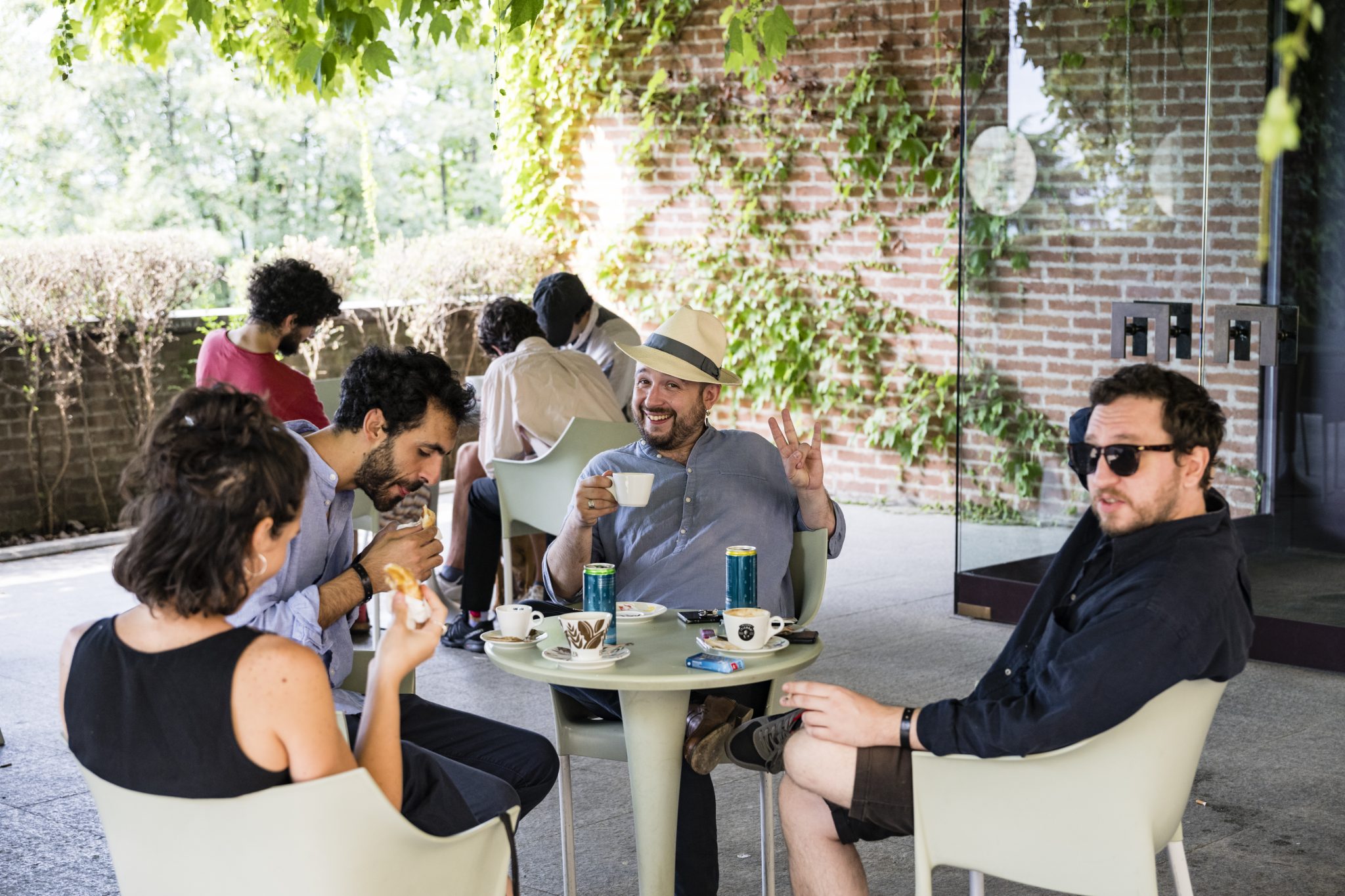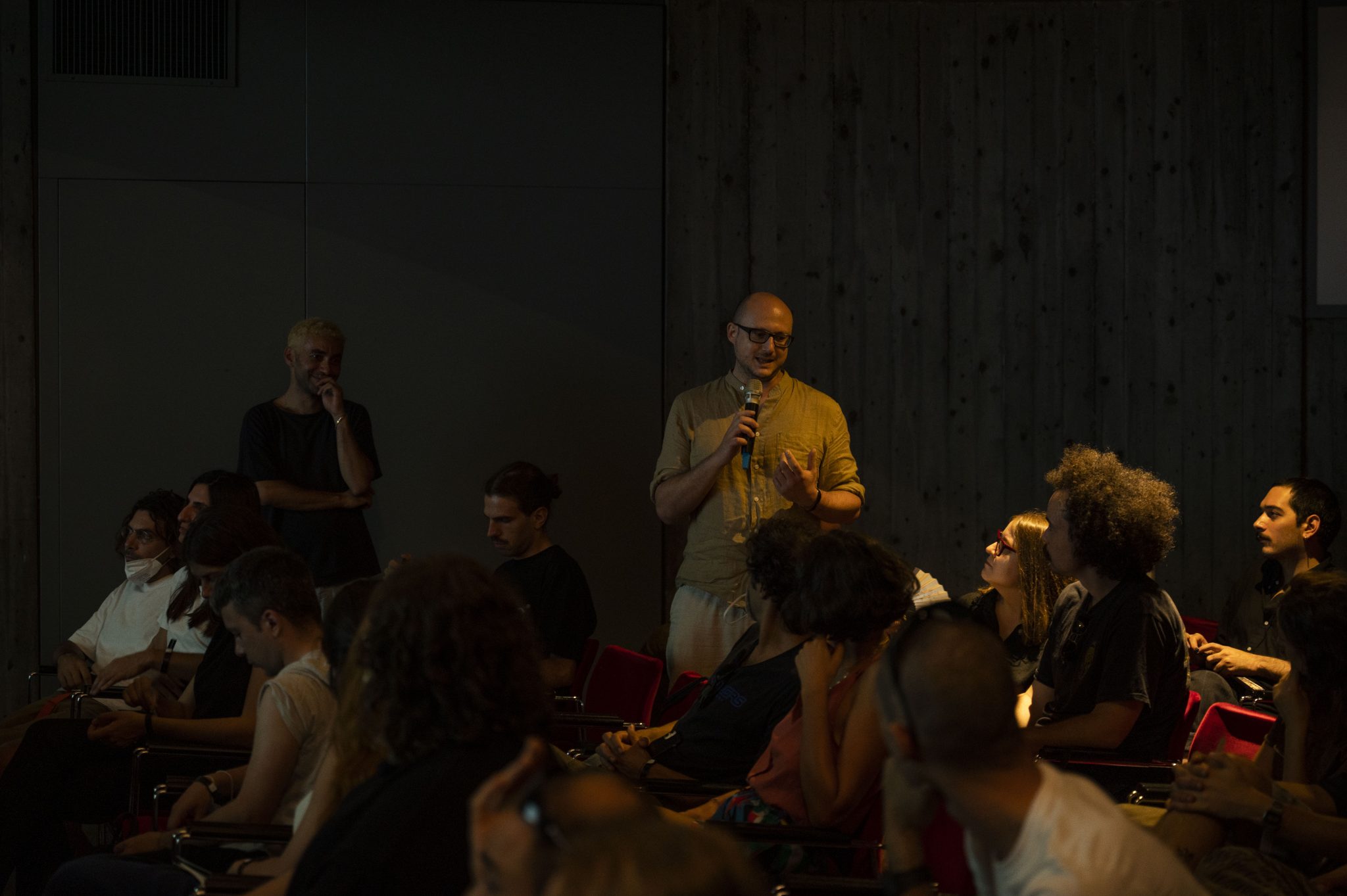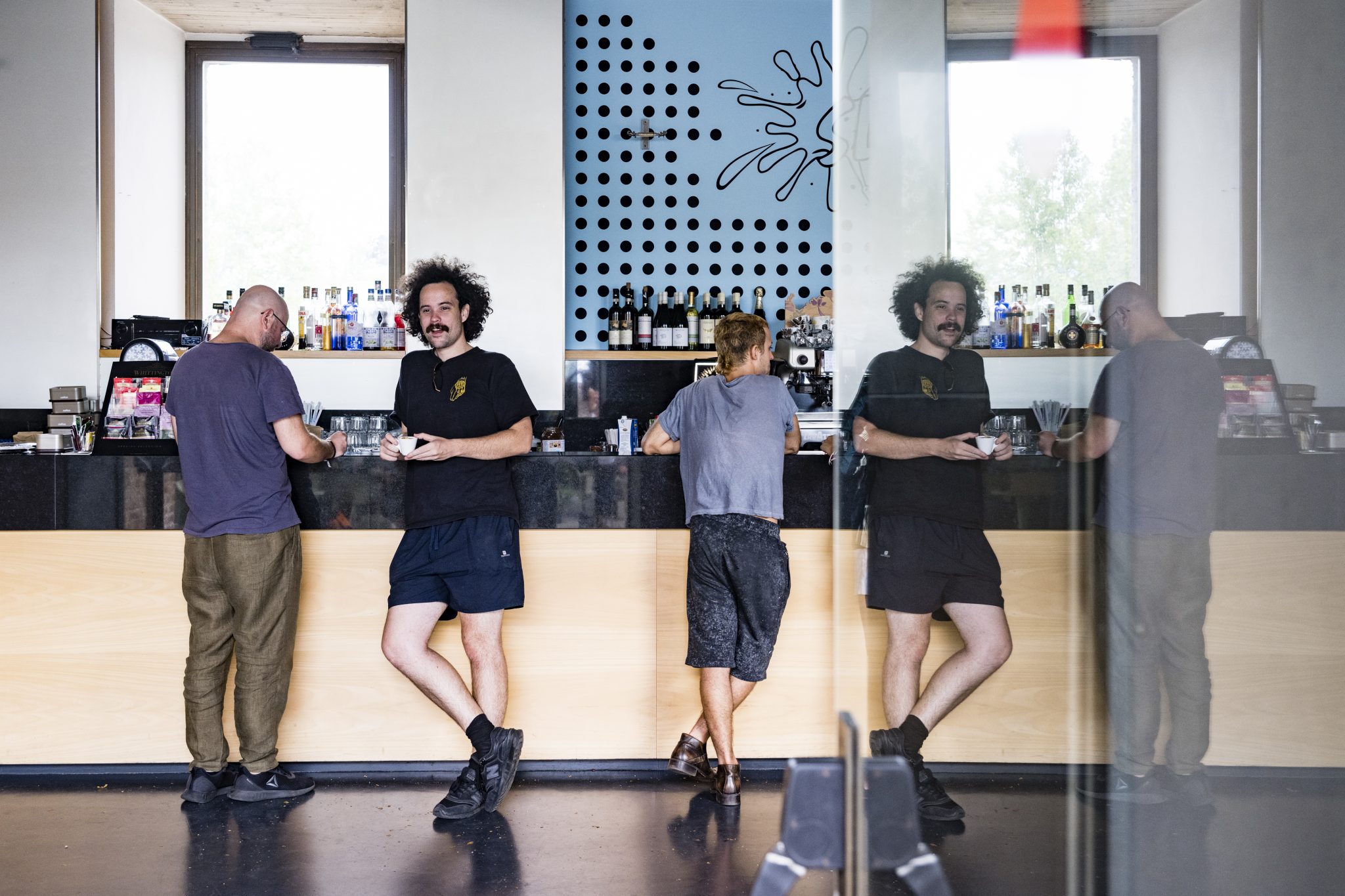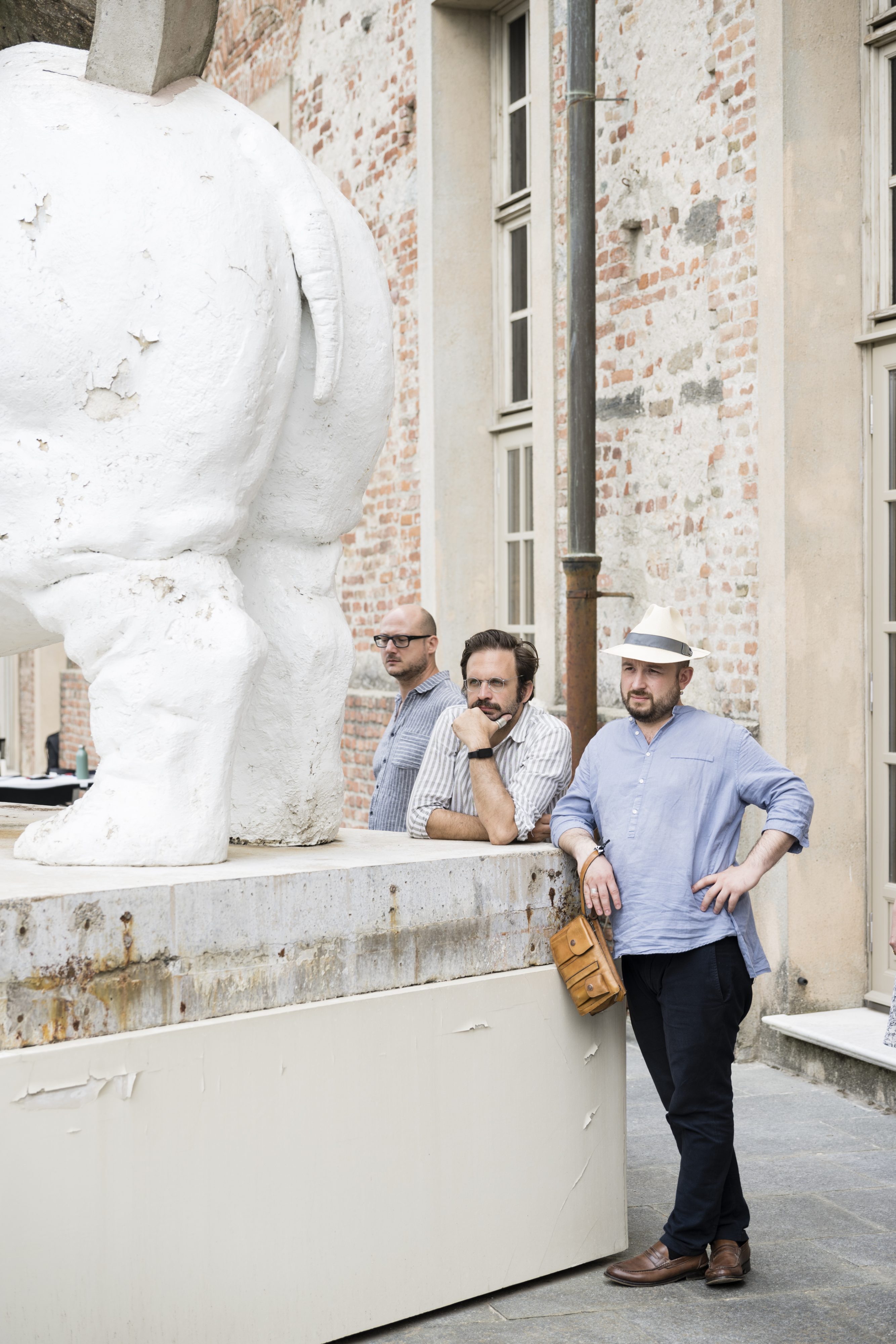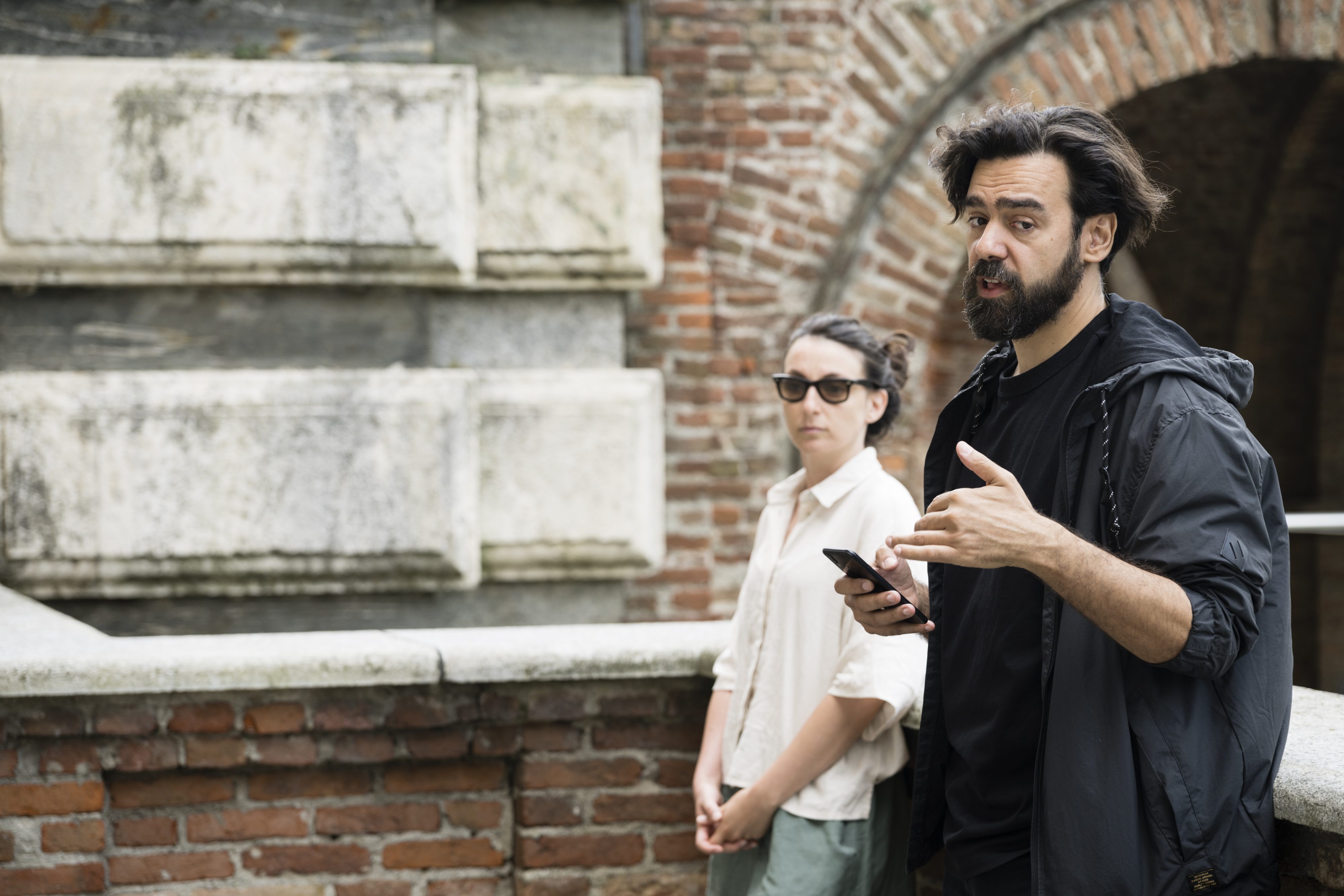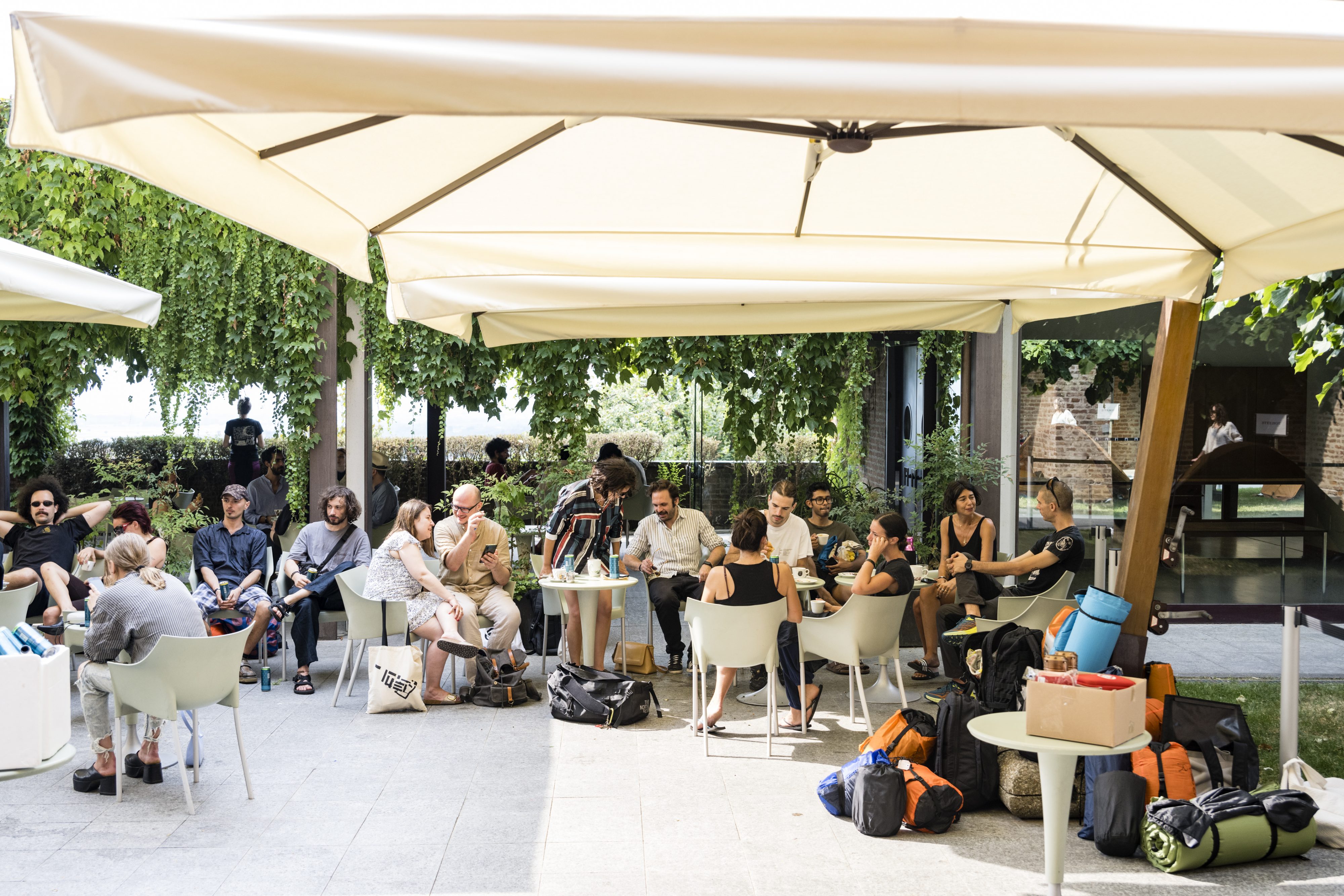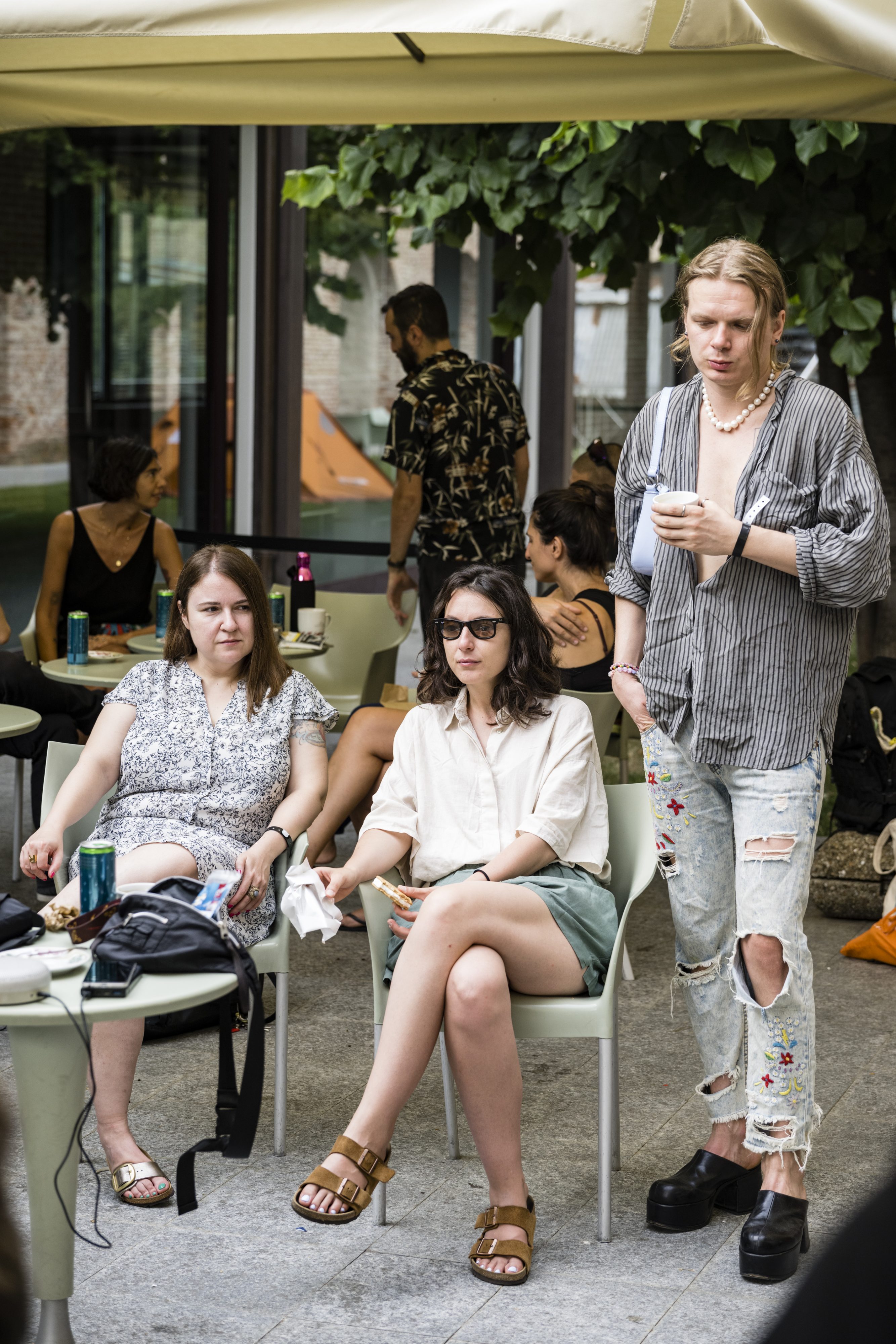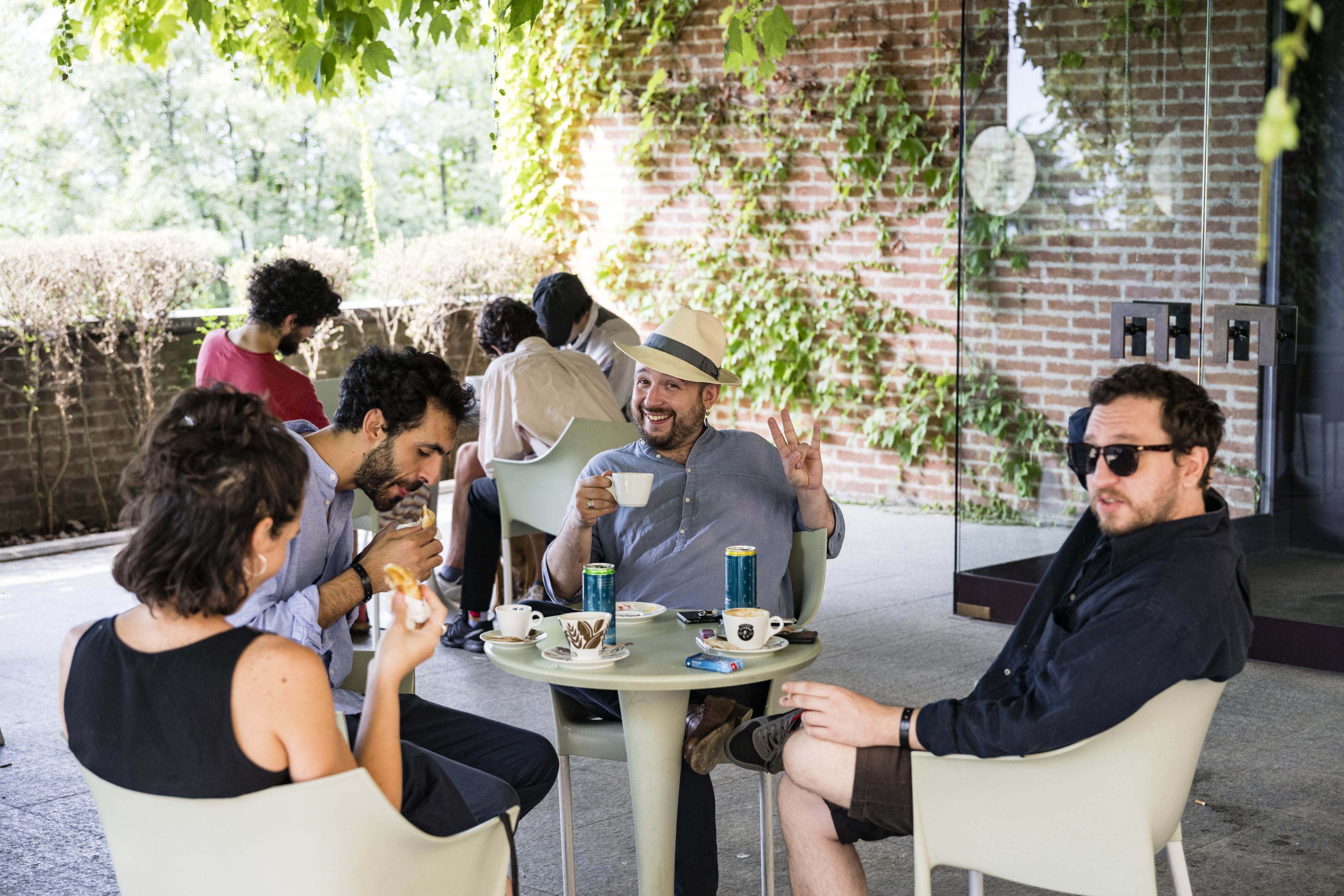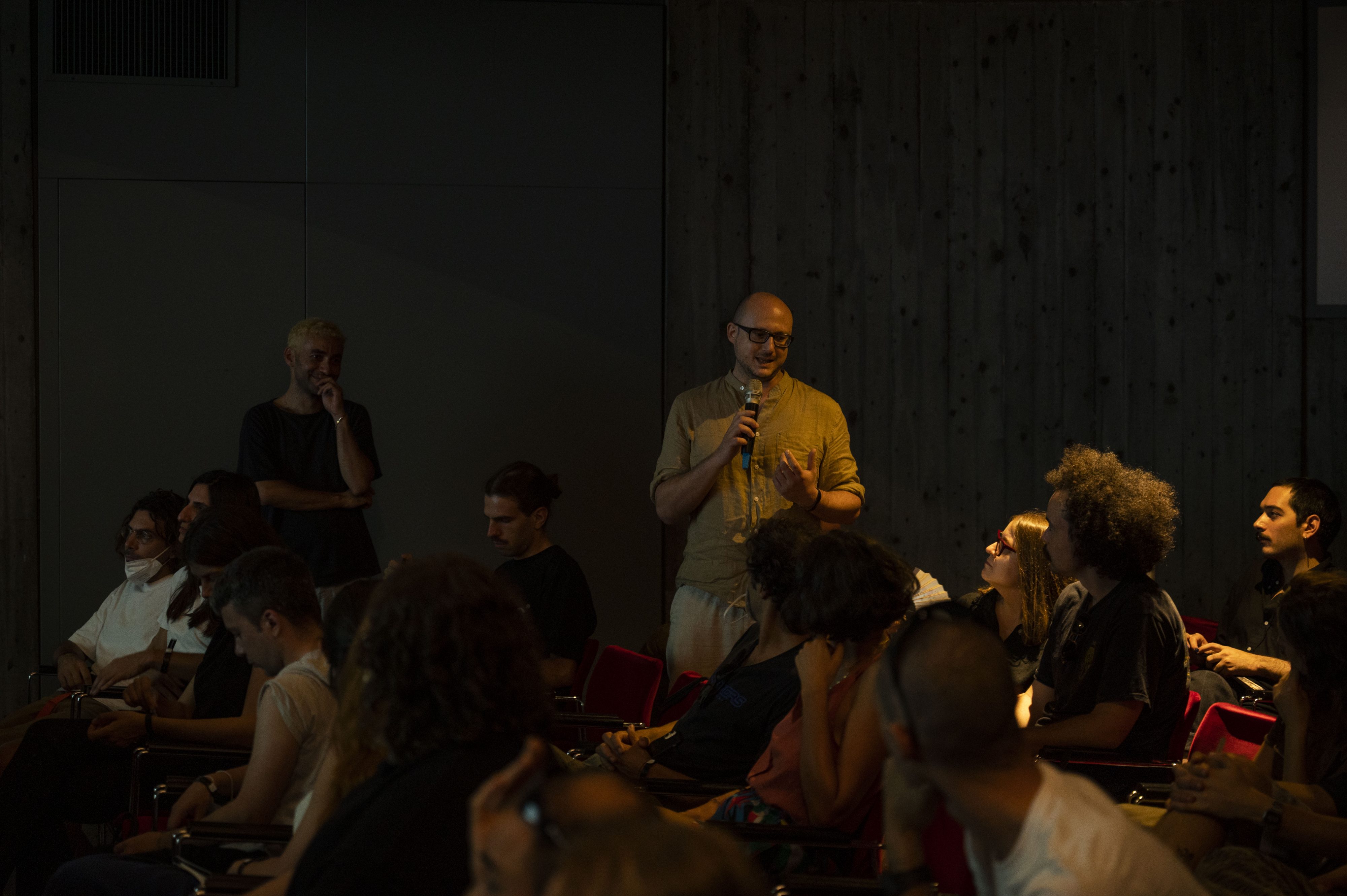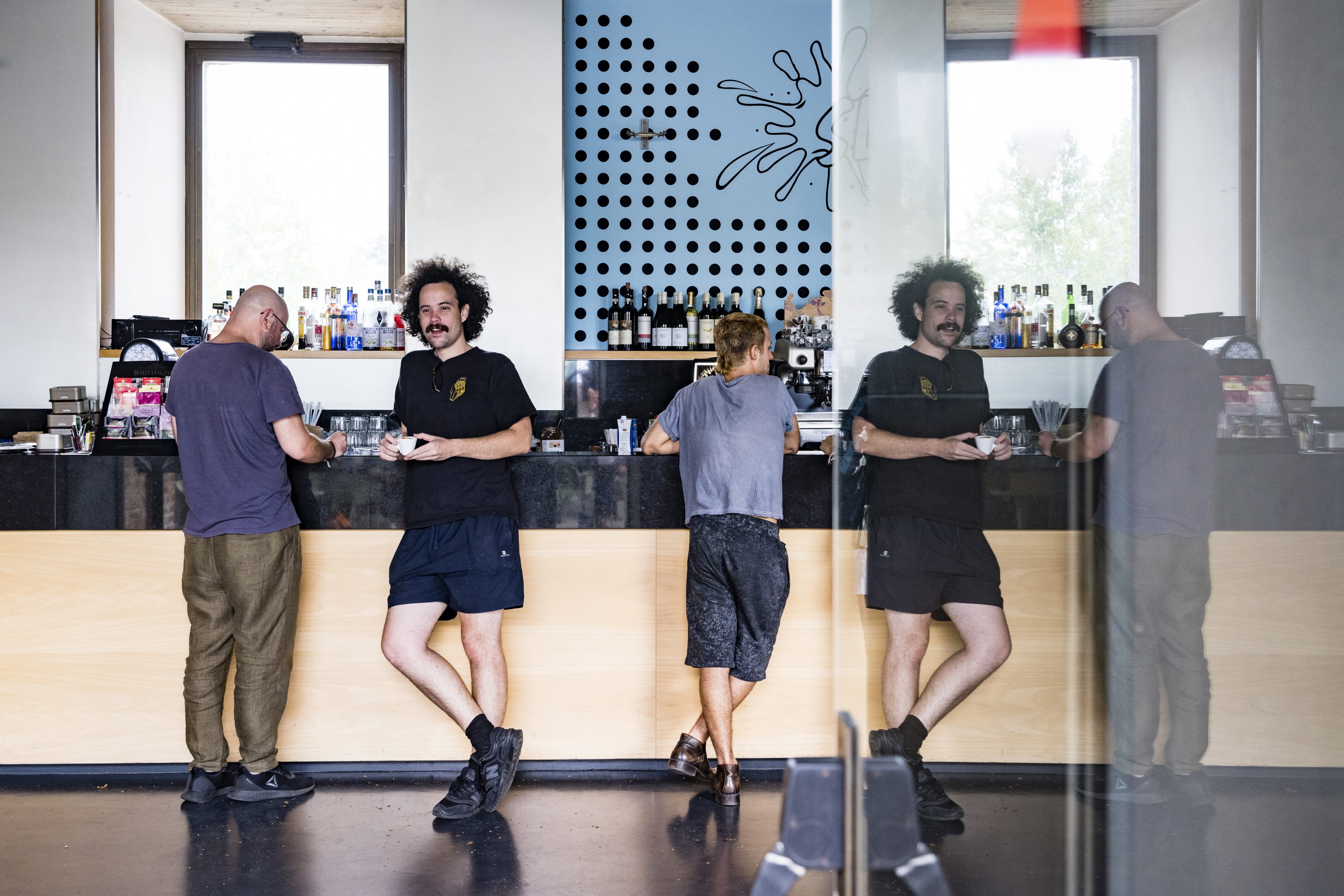Talk
Supercondominio 4 – Castello di Rivoli
July 16th – July 17th, 2022
Castello di Rivoli
We are glad to be part of this amazing event for the fourth time
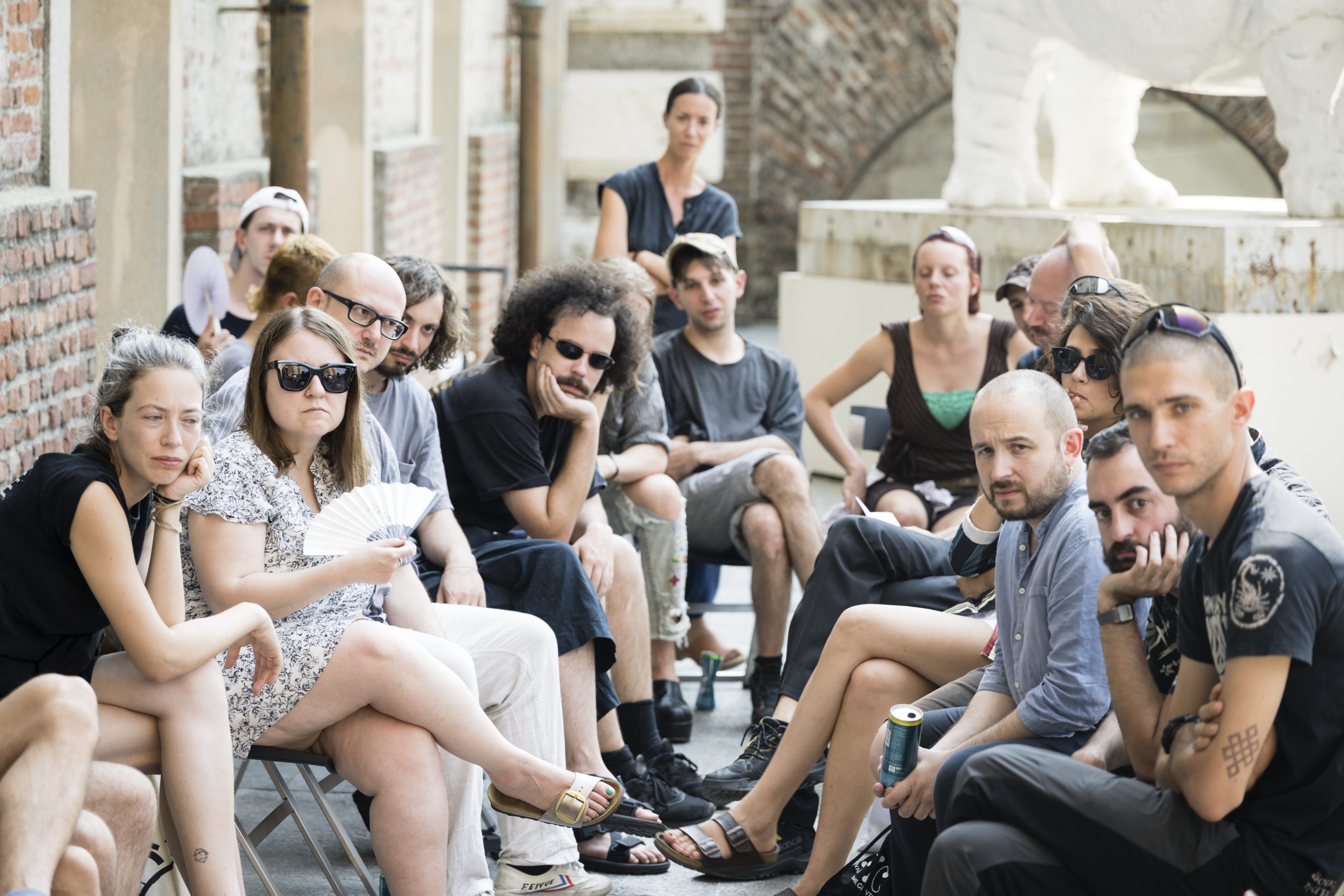
Saturday, July 16, 2022
15 – 19 Performance interventions by participants, Castle Theater (open to the public)
21 – 00 Live performance by Club To Club
00 – 08 Participants dream
Sunday, July 17, 2022
10 – 16 Participants’ Assembly, Castle Theater (behind closed doors but with live streaming transcript of conversations)
Participants:
Almanac (Turin / London) | Altalena (Milan) |BACO (Bergamo) | Bagni d’Aria (Frassinetto Canavese) | Barriera (Turin) | CASTRO (Rome) | Club To Club (Turin) | Commerce (Milan) | Cripta747 (Turin) | DEMO (Turin/London) | Fondazione Zimei (Pescara) | Gelateria Sogni di Ghiaccio (Bologna) | Giardino project (Lecce) | LocaleDue (Bologna) | Marea Art Project (Amalfi) | MRZB (Turin) | Mucho Mas! (Turin) | NAM – Not A Museum – Manifattura Tabacchi (Florence) | Post Disaster (Taranto) | Room to Bloom (Palermo) | SPAZIOMENSA (Rome) | Spazio Volta (Bergamo) | Treti Galaxie (Turin) | Untitled Association (Rome) | viaraffineria (Catania)
Supercondominio is curated by Giulia Colletti, Nationhood (Matteo Milaneschi & Achille Filipponi) and Laura Lecce.
Castello di Rivoli Museo d’Arte Contemporanea invites some of the most significant young Italian realities dedicated to artistic organization and production to the fourth edition of the Supercondominio Festival.
Supercondominio – which takes its name from a type of construction in which several buildings share some assets-is an image of an ecology of coexistence based on physical interpersonal relationships and in-depth mutual knowledge.
The event will take place on Saturday, July 16 and Sunday, July 17, 2022.
Embarking on a collective quest, Supercondominio invites spaces to immerse themselves in a retreat on the moraine hill of Rivoli along the Susa Valley road.
The meeting will address the following theme, elaborated by curators Giulia Colletti, Laura Lecce and Nationhood (Matteo Milaneschi & Achille Filipponi): “The permanent state of emergency, which has become our new mental habit, pushes us to fear that something pressing is about to happen. Or maybe it has already happened? In fact, Catastrophe transcends the linearity of time and spatial constructions to shake the ascending and constant perception of progress. How do we orient ourselves in a “continuous present” at the crossroads of digital revolution on the one hand and post-humanism on the other, in which our action is constantly challenged but no less required? If, as the thinker Ariella Aïsha Azoulay (Tel Aviv, 1962) suggests, the intent should be to repair spaces of sharing rather than move toward grandiose utopias situated in an unidentified future, rethinking the theatrical and poetic category of catastrophe (from Gr. katastrophḗ ‘overturning’) might be a starting point, an exercise in the transformative upheaval of our subjectivities and our relationship with other entities. The worst is over, now comes the Catastrophe.”
On the afternoon of July 16, the spaces gathered in the Museum Theater will share their research journey with the public. This will be followed by a live performance conceived for the spaces of the Long Channel Garden by Club To Club.
As happened in previous editions, the protagonists of Supercondominio will sleep under the stars, offered again this year by Ferrino & C. S.p.A. set up in the Manica Lunga garden. Paying homage to artist Susan Hiller (Tallahassee, 1940 – London, 2019), participants will re-enact the Dream Mapping experiment, which she implemented in the Hampshire region in 1973. Each participant will be tasked with jotting down their dreams in a notebook on the morning of July 17, sharing their personal experience and integrating it with the collective experience. The results of this reflection, as well as documentation of the entire event, will be collected and preserved by the Museum’s CRRI Research Department.
On the morning and afternoon of July 17, the spaces gathered in the Museum’s Theater will have the opportunity to confront each other in discussion groups in an assembly moment that, counterintuitively, has as its main goal not to find answers inherent to the identity of the Italian art system but rather to exercise communal thinking by arriving at the drafting of a series of questions that will be posted on the Castello di Rivoli’s social channels and made available along with the live streaming transcript of the assembly.
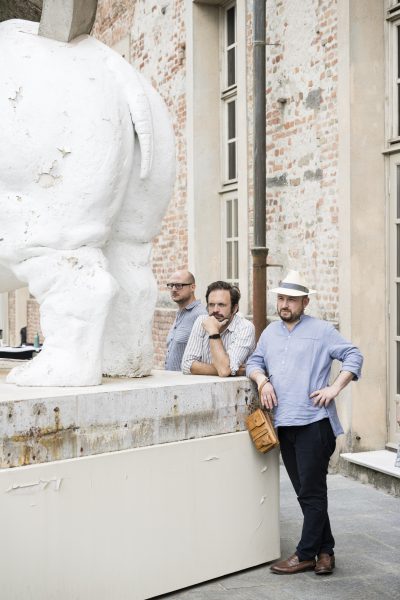 Supercondominio 4, Castello di Rivoli, 2022Photo: Andrea Guermani
Supercondominio 4, Castello di Rivoli, 2022Photo: Andrea Guermani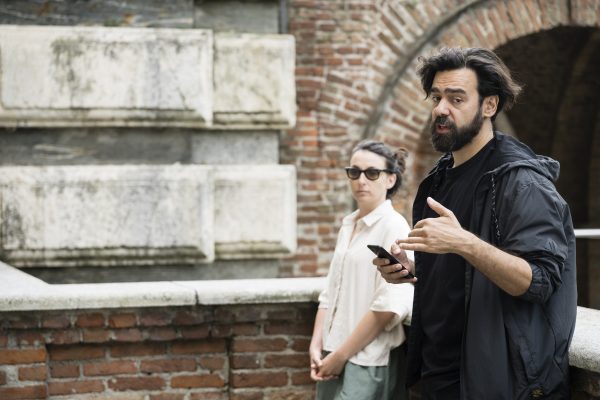 Supercondominio 4, Castello di Rivoli, 2022Photo: Andrea Guermani
Supercondominio 4, Castello di Rivoli, 2022Photo: Andrea Guermani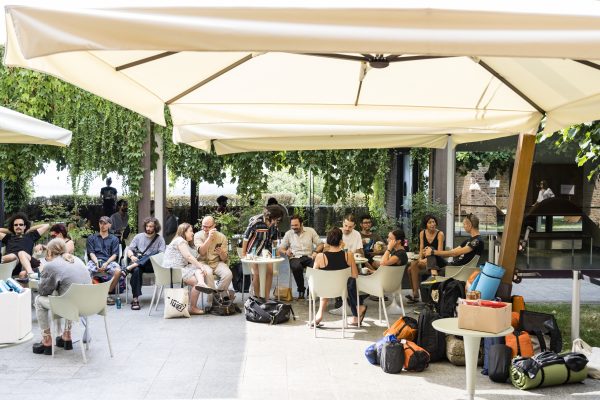 Supercondominio 4, Castello di Rivoli, 2022Photo: Andrea Guermani
Supercondominio 4, Castello di Rivoli, 2022Photo: Andrea Guermani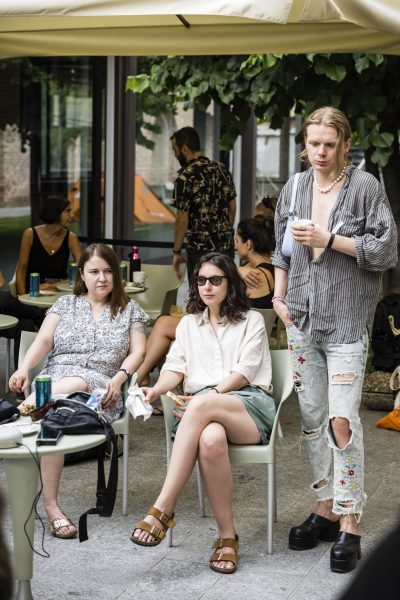 Supercondominio 4, Castello di Rivoli, 2022Photo: Andrea Guermani
Supercondominio 4, Castello di Rivoli, 2022Photo: Andrea Guermani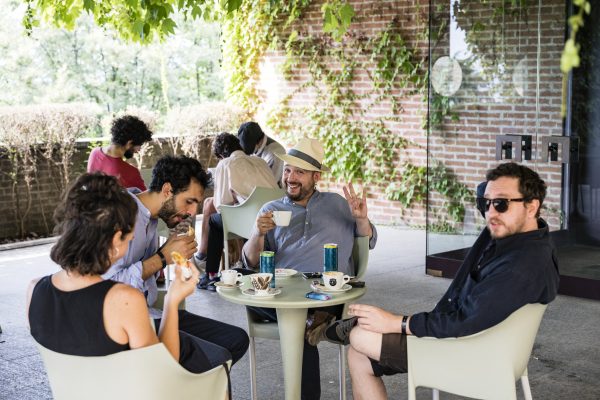 Supercondominio 4, Castello di Rivoli, 2022Photo: Andrea Guermani
Supercondominio 4, Castello di Rivoli, 2022Photo: Andrea Guermani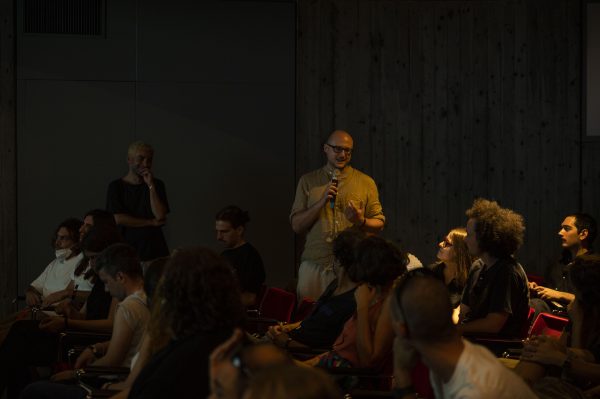 Supercondominio 4, Castello di Rivoli, 2022Photo: Andrea Guermani
Supercondominio 4, Castello di Rivoli, 2022Photo: Andrea Guermani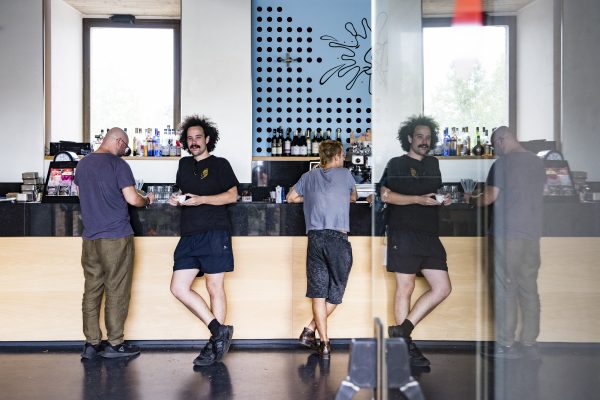 Supercondominio 4, Castello di Rivoli, 2022Photo: Andrea Guermani
Supercondominio 4, Castello di Rivoli, 2022Photo: Andrea Guermani
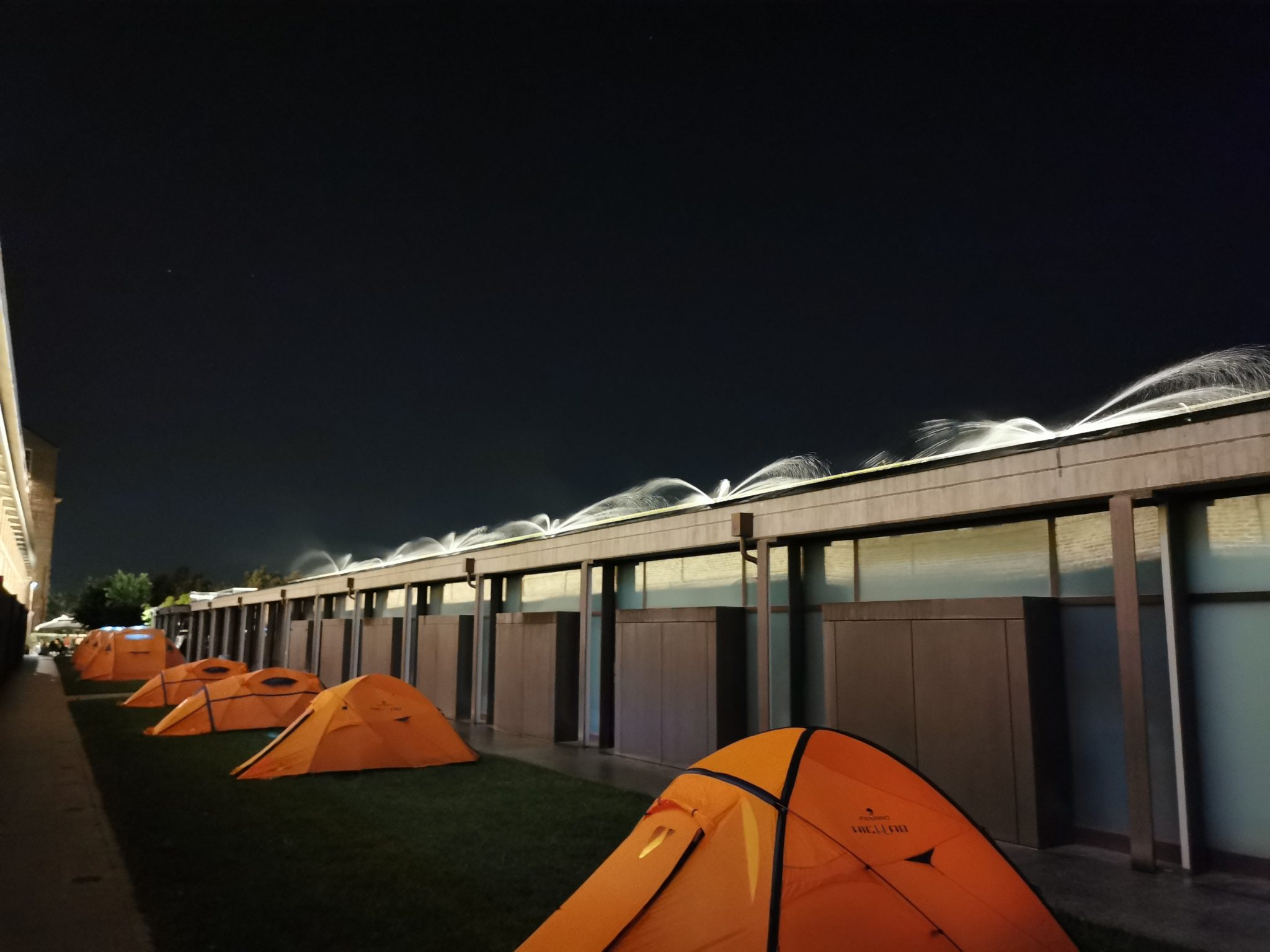
July 17th – July 18th, 2021
Castello di Rivoli
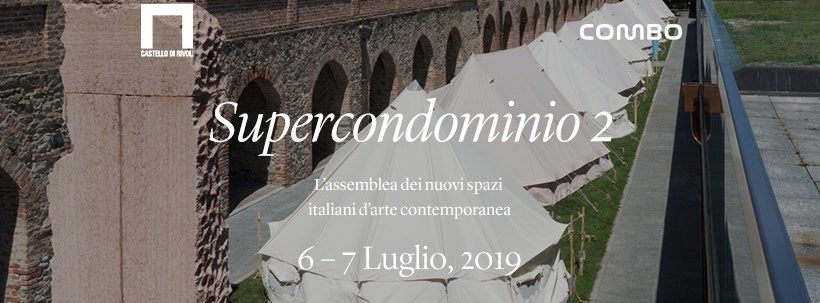
July 6th – July 7th, 2019
Castello di Rivoli
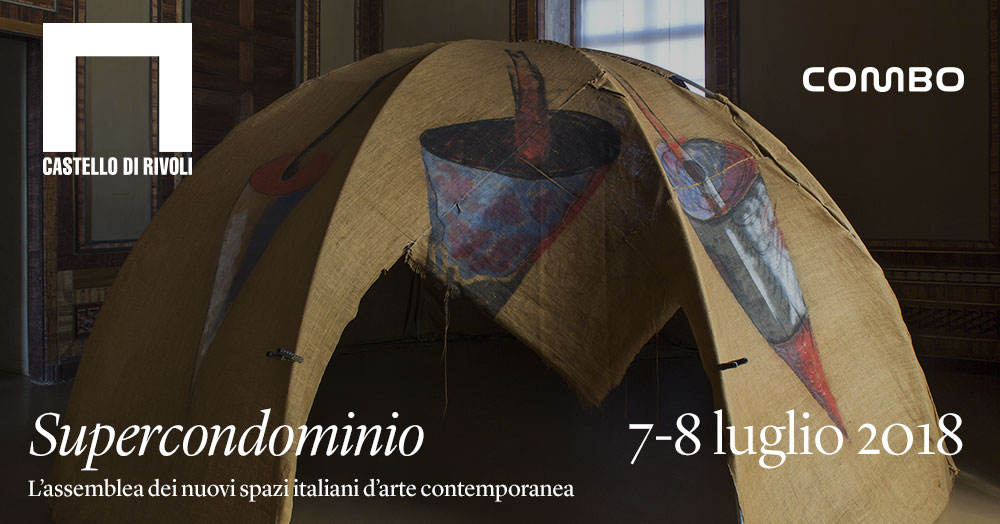
July 7th – July 8th, 2018
Castello di Rivoli
